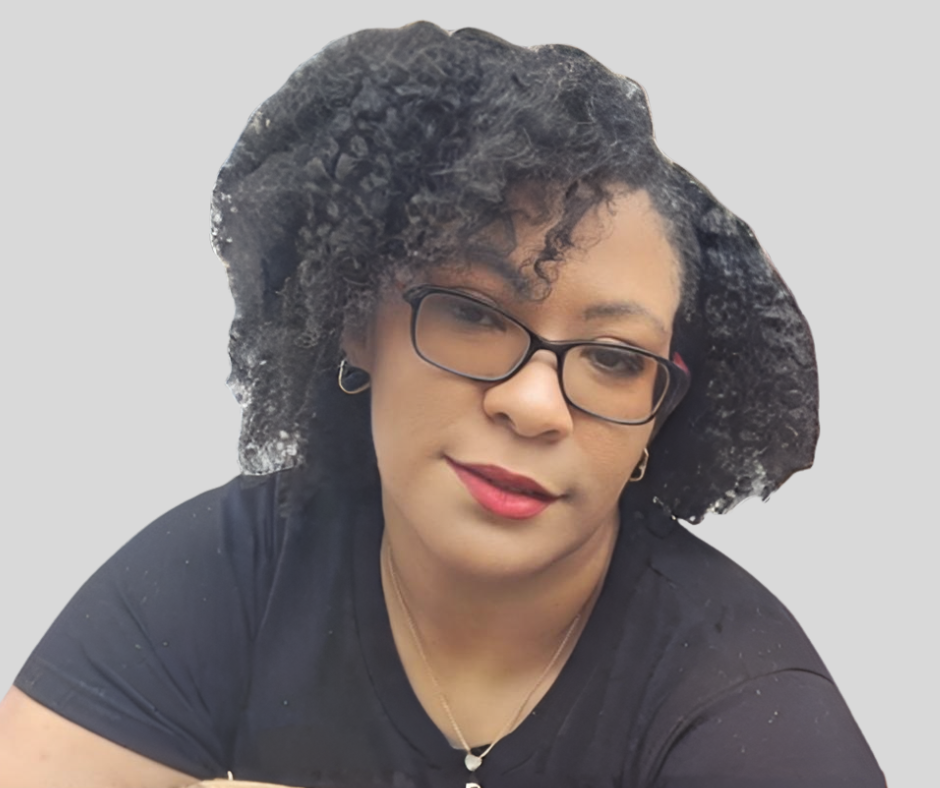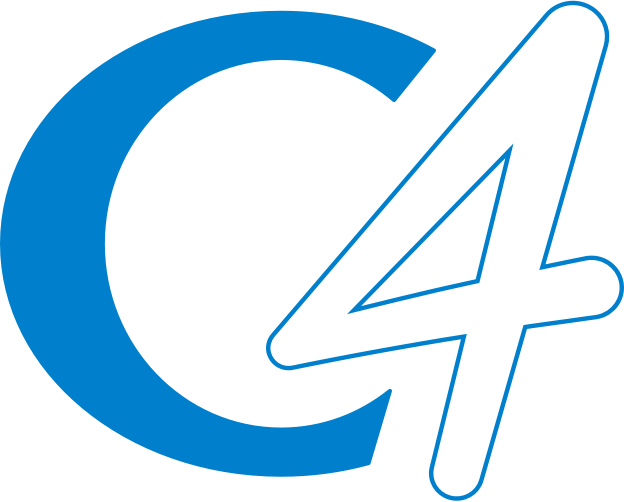Blog
Employee Spotlight: Taylor Sheridan
We sat down with staff member Taylor Sheridan to talk about her work as an outpatient therapist and experience at C4. Taylor received her undergraduate degree from Northwestern University and her Master’s in Social Work at the University of Chicago. After completing her graduate school internship at C4, she continued as an employee on the Youth & Family Services team, where she’s worked since August 2020. She lives in the Humboldt Park area with her two cats, Boo and Scooter. This interview has been edited for length and clarity.
C4: You told us you’ve been here since 2020 – what’s kept you at C4?
Taylor Sheridan: I tend to be a bit of a yes person at work. If there’s stuff like the holiday event or different committees, I tend to take those on. I like the more community-based aspects of work… it’s what I really gravitate towards. At C4, I tend to run into few barriers taking my outpatient work, which is usually office-based, out into the community. Being able to change up my workday helped me stay at C4 for so long.
C4: And what is it that you do on your own time, when you’re not at work?
TS: I do a lot of stuff in and around the community on the west side of Chicago, like going to different free music shows, comedy shows… I also love reading, exploring new bookstores, and visiting the library. I’ve found ways to bring these interests into work, too, with hopes of starting a teen bibliotherapy group in the near future.
C4: What does a typical day look like for you in your position?
TS: As an outpatient clinician, I have quite a few individual sessions with people, but I’m trying to build in more consultation sessions with clinicians. I can get bogged down with DST, and consultation is a way to connect with coworkers and talk about cases. For me, it’s reenergizing to get different ideas and different viewpoints on cases, connecting with coworkers I might not be interacting with as regularly in the office.
C4: Can you speak a bit more on consultation?
TS: We do it in team settings, and it’s built into our week, but then when I seek it out one on one – for instance, I have standing consultations – we take turns presenting a client and getting each other’s expertise and perspective on a case which can help me consider things I hadn’t thought of and learn about interventions from other clinicians. I think it’s been promoted more recently, by supervisors and directors as a way to support DST and grow our professional skils and expertise. When I started, and with the pandemic, I rarely consulted with people except with my supervisor or when there was a crisis happening, and now it is something that is regularly part of my weekly schedule.
C4: So, consultation, supervision… what other things that aren’t DST would you consider important to your work?
TS: I see creating community at C4 as stuff that trickles down to clients, even if it’s not directly about clients. For example, there was a period of time where we were doing a book club monthly with coworkers… it was a chance to just sit and be with people. I view that as really essential to the work we do with clients, because a sense of community and connection to the people you work with makes you more invested – or want to be more invested. Community-building that isn’t billable does really impact the clients we serve and the work we do at C4, even if it’s easier to think of work as something where you show up, clock in, and leave.
C4: Speaking of that, is there anything you’d want people outside the sector to know about your work? Any common misconceptions, anything like that?
TS: I feel like I’ve talked to people not in the mental health field who think I get to just… meet with people and play with kids all day. And we do play a lot of Uno. But so much work happens outside the room with clients. It seems like our job is to just show up, and being present with a client is super important and great, but that’s the bare minimum. Being able to take these cases and think about them outside of the room is work too, and it’s not necessarily billable work. But we’re hearing so many people’s stories and they’re sharing their vulnerabilities, and I don’t take that lightly. There’s a lot of trauma and a lot of systemic violence being done, and making space [for that] is a big part. The people we work with impact us too.



